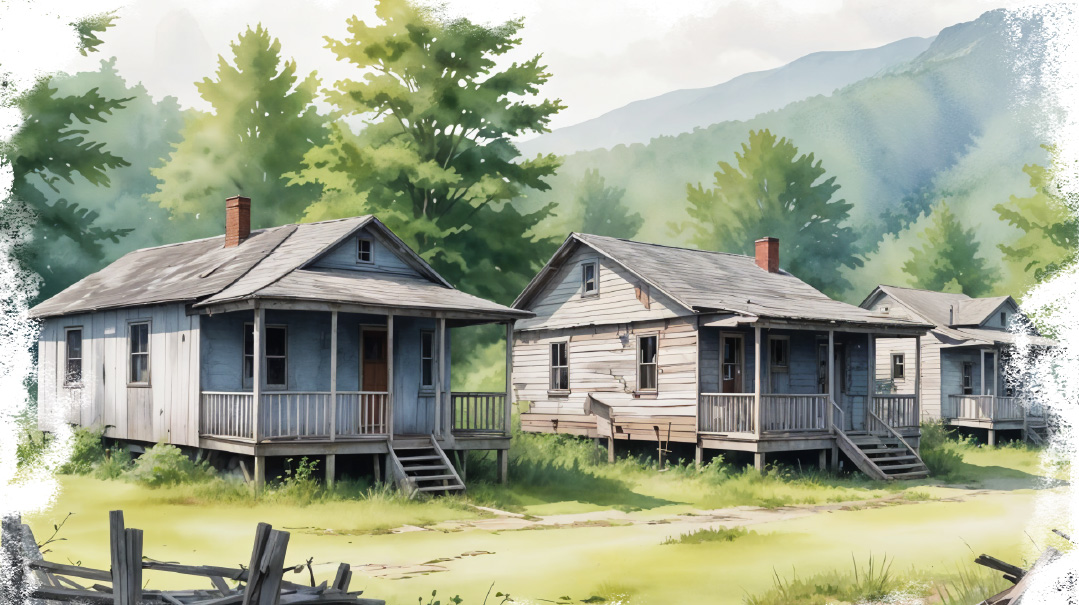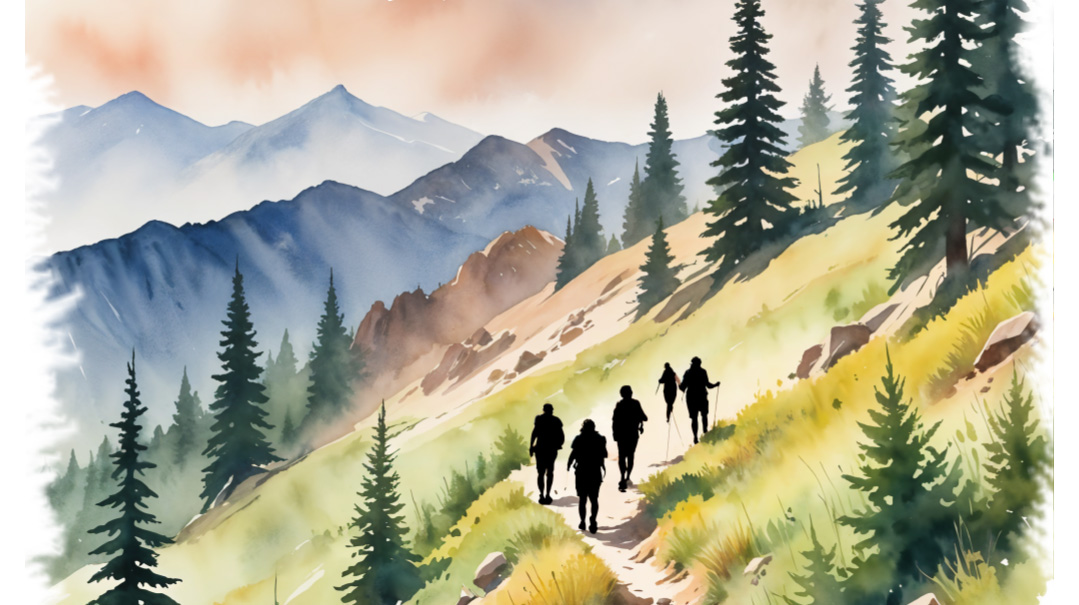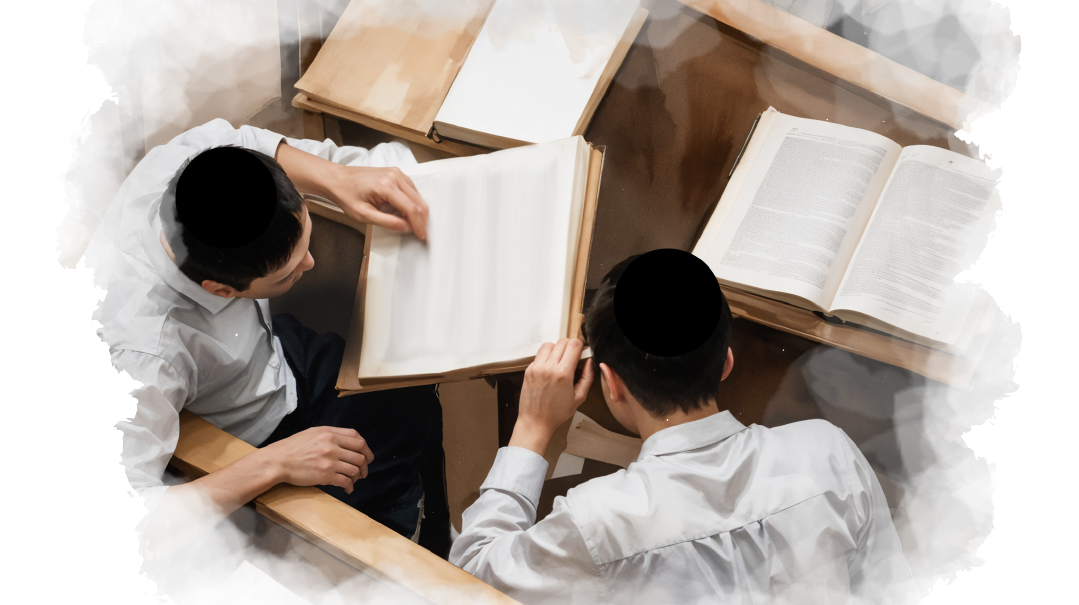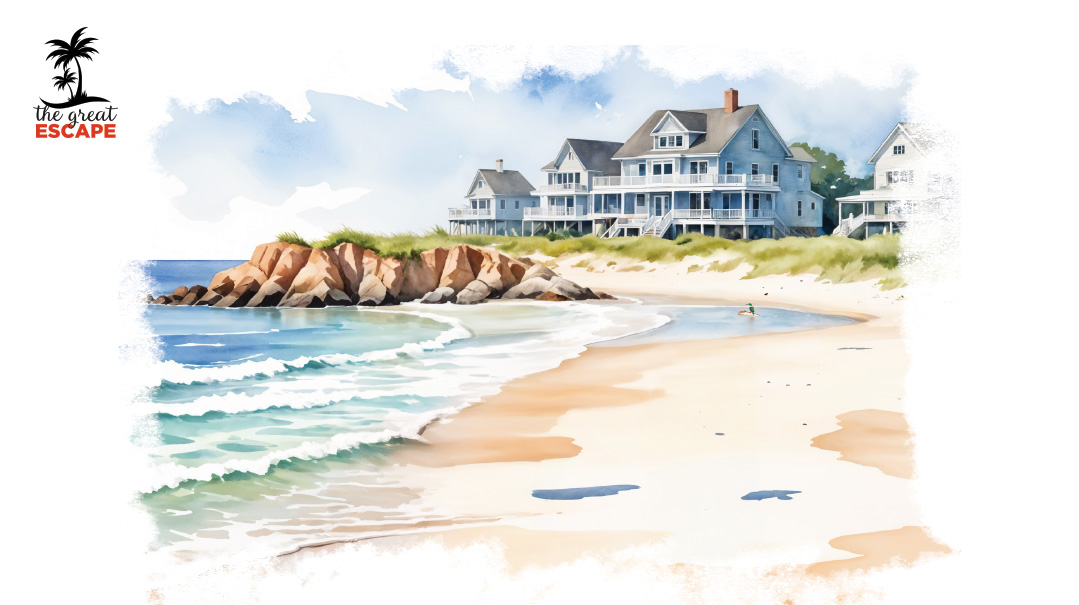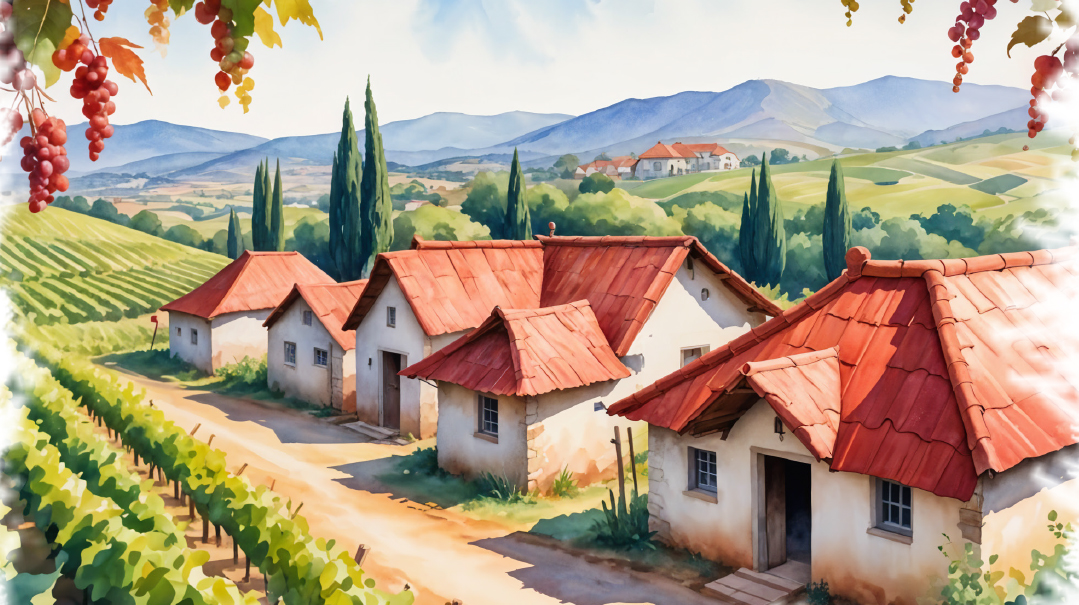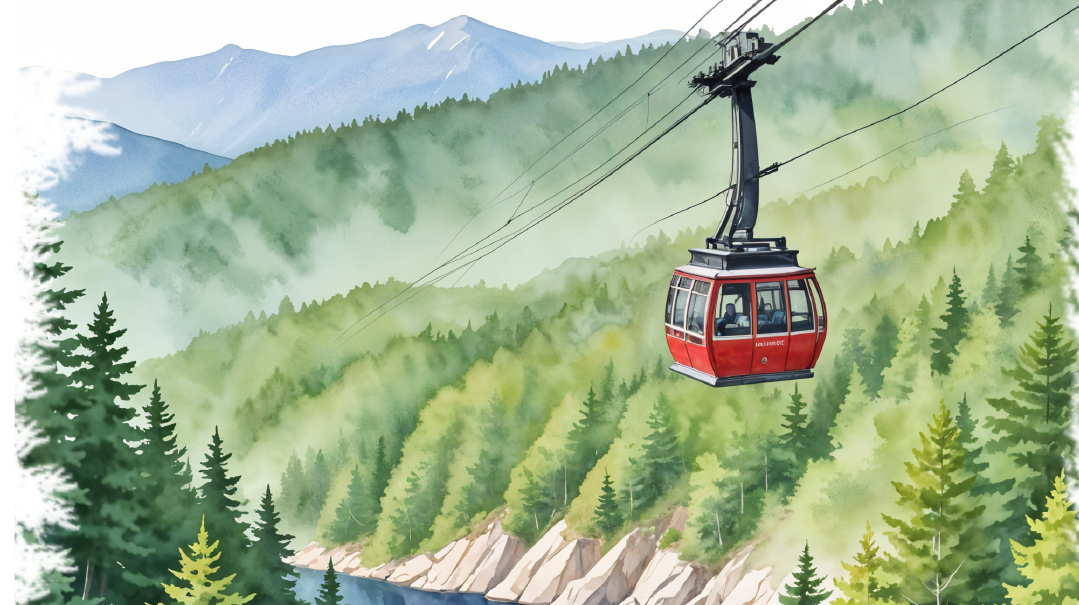Moving Mountains
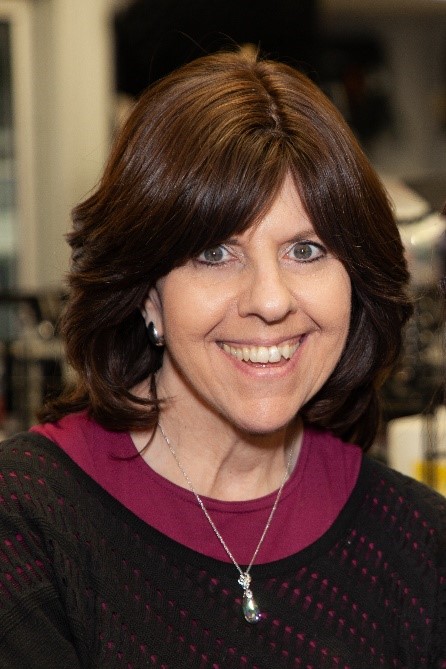
Mishpacha contributors share accounts of those special summers disconnected from the grind
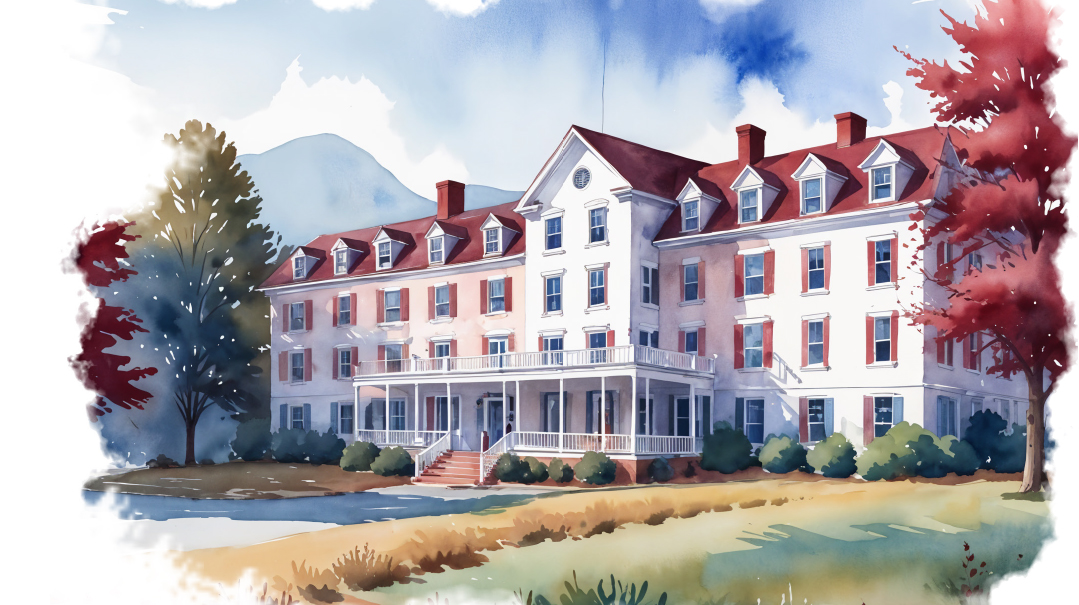
Location: The Catskill Mountains
Years: The 1960s
“Ninety miles away!” my husband announced jubilantly as we neared South Fallsburg, this year’s venue for our annual summer family getaway.
I spot the Borscht Belt historical marker boasting the more than 500 resorts, 50,000 bungalows, and 1,000 rooming houses established between the 1920s and early 70s by Jewish entrepreneurs in response to the exclusion of the Jewish community from existing establishments. And I am whisked back in time, to when my family and I would vacation here, in the 60s.
Indeed, vacationing in “The Mountains” in upstate New York is in my blood. As a child, I would sit in the car with my parents and two older sisters, making the same trip every summer. We’d pass billboard upon billboard advertising just some of the hundreds of hotels, motels, and bungalow colonies in what is still fondly known as the Borscht Belt. At first sight of the mountain greenery, my father would shut off the air conditioning in our Pontiac Bonneville so we could roll down the windows to let in the clean, crisp country air. Excitement mounting (and ears popping), we’d head on to our summer hotel.
W
hen I was young, my parents would drive Bubby and Zeidy Dimenstein, a”h, from New Haven, Connecticut, where we all lived, to Gartner’s Inn in Spring Valley for their summer vacation. We would chauffeur them to their destination — we didn’t stay — but I can still picture the dining room’s red-and-white gingham oilcloth tablecloths covering cozy tables for two, patronized by bubbies and zeidies eating bowls of snowy white cottage cheese.
Finally, one summer, it was our turn to take a one-week family vacation in a Catskills hotel (I don’t recall which one). We packed our casual clothing, knowing we were going on a relaxing vacation. According to one of my sisters, my parents were in a state of shock when we checked in and found out we had to “dress” for dinner. Our suitcases were full of everything but dressy clothing, so we jumped into our car in search of a store to find us girls appropriate dinner attire. Thankfully, we came across a five-and-dime type establishment with a very limited clothing department that had dresses that fit the bill. Now that we each had a dress in our possession and we were required to dress for dinner, the three of us showed up for every dinner of our stay in the same outfit. Lesson learned: For all future vacations, my parents made sure to read all related literature before we headed to the new venue.
And there were many. The Concord! Grossinger’s! The Homowack! What fond memories I have of all those hotels, especially the food. A typed paper menu sat on the plate at each setting for all three meals. Every morning, covered baskets of warm assorted rolls and platters of miniature Danishes greeted us, along with juice, cereal, bagels and lox, eggs, French toast, and more. For lunch, the offerings were borscht, blintzes with sour cream, and fish, among other choices.
Dinner was a five-course meal, including a main dish of the finest cuts of meat. The standard fare was prime rib au jus, steaks, and lamb chops, followed by heavenly desserts. Mind you, it was all you can eat, and boy did they lose money on us! My father was a cattle dealer, and we grew up appreciating a good cut of meat.
A young hardworking waiter would wait on your table for your entire stay, so he got to know your food preferences. You could order whatever you wanted, and if you tasted your dish and didn’t prefer it, your waiter would exchange it for something else (but if you ordered something you did like, you could ask for doubles or even triples).
I also have fond memories of the hotel entertainment — the tennis courts, ice skating rink, and bowling alley at the Homowack; the Monster golf course and underground shopping mall at the Concord; and of course, nightclub performances in all the hotels, where in lieu of clapping, implements resembling wooden Dum-Dums were distributed so you could bang on the table. We were entertained by rising stars such as Jerry Lewis, Milton Berle, George Burns, Buddy Hackett, Shecky Greene, Danny Kaye, Jackie Mason, Don Rickles, and Henny Youngman.
In those days I was into getting autographs of famous people, and I persuaded my father to accompany me onstage after each performance for the entertainer’s autograph. He was such a good sport — as he was each time I asked him to play tennis with me immediately upon our arrival, when all he wanted to do was rest up from our 120-mile trip.
T
he gradual demise of the Borscht Belt establishments coincided with our mother’s change of heart about our annual Catskills vacation. In the late 60s, she proposed that we vacation in Florida. Off we ventured to the Aztec Motel in Miami Beach in February 1968. It was our first-ever tropical vacation, and I fell in love with the large variety of exotic palm trees. I can still remember how upset I was because we couldn’t bring a palm tree home to plant outdoors; it would not have survived a New England winter. (I never gave up my dream of owning one, however, and today, a beautiful fan palm tree grows in my Baltimore, Maryland, garden six months a year; we consider it a summer rental.)
Going to the ocean and collecting seashells (my first love!) was another perk the Catskills did not offer, as was visiting Monkey Jungle, Parrot Jungle, and the Everglades. We enjoyed the lush outdoors and tropical flowers in February without bundling up — yet you could not compare the Aztec Motel with the Yiddishe taam of the Borscht Belt resorts.
T
hese recent five days in South Fallsburg were nostalgic for me, though I knew I was in for an entirely new experience in our rental home, which boasts amenities such as a beis medrash full of seforim, separate fleishig, milchig, and pareve areas in the kosher kitchen, and a dining room large enough to accommodate an extended shomer Shabbos family. How comforting that a version of my Dimenstein family mesorah continues more than six decades later!
This thought crystallized on Friday night when my husband and I were sitting at one head of the elongated table. As I waved to our two-year-old granddaughters at the other head, he requested our participation in a team-building activity.
“Let’s go around the table and say who our hero is and why,” he suggested. “I will begin with Eli Beer, the founder of United Hatzalah of Israel,” and he proceeded to explain his nomination.
After that, we went around the table, and everyone in our blended family of 23 (my husband and I were both widowed; it is a second marriage for the two of us) shared their thoughts in this ice-breaker that prompted the verbalization of feelings and emotions like never before.
A son who attends medical school nominated a doctor in his training hospital for his empathetic nature and compassion.
A daughter-in-law named her mother, a”h, who she says continues to be her guiding light.
Another son nominated me and proceeded to extol my virtues — that was quite moving — and his brother selected Gramps a”h, (my father) for never turning down a tzedakah opportunity. Yet another brother named Reb Moshe Reichmann as his philanthropic hero.
Another daughter-in-law got all choked up when she chose her husband, specifically for the part he played in raising their children while she worked as a night shift nurse for eight years.
We made our way around the table, and finally, I went last. I nominated every one of our children — each of whom was orphaned of a mother or father.
“It isn’t easy to lose a parent, and look what you’ve all made of yourselves!” I said as I looked around the table, teary-eyed and beaming with pride.
So much has changed, but at its core, so much is the same.
Sixty years after my parents took me and my sisters to the Catskills for a family getaway, my blended family vacation Shabbos is taking place right here in the Catskill Mountains. Escaping our daily routines, breathing deeply, inspiring one another, fostering connection, enjoying family, creating memories — that is what this time is all about. And now, we are the Bubby and Zeidy.
Margie Pensak is the Director of Public & Media Affairs at STAR-K Certification in Baltimore, Maryland, as well as a freelance writer.
(Originally featured in Mishpacha, Issue 1020)
Oops! We could not locate your form.

